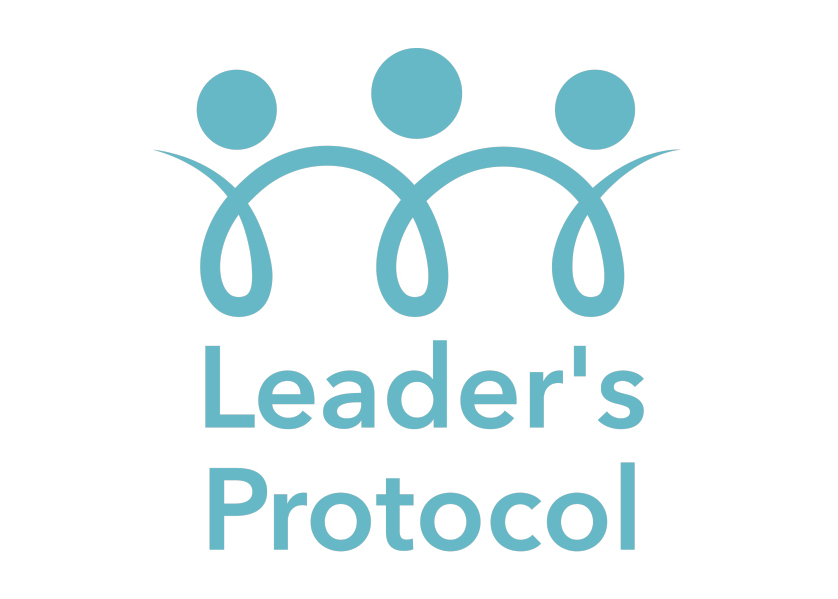An intro to a subject that’s grown a lot! Drawing on Sue Knight’s excellent book, this blog explains the basics
https://sueknight.com/who-we-are/

Neuro Linguistic Programming (NLP) is a powerful tool that has been used in various fields, including personal development, coaching, education, and communication. It is a set of principles and techniques that can be used to improve communication, enhance personal growth, and achieve success in different areas of life. In her book “NLP at Work: The Essence of Excellence,” author Sue Knight provides a practical guide to applying NLP principles in the workplace. In this blog, we’ll explore how organisations can benefit from following the principles in Sue Knight’s NLP at Work 4th edition.
Principles of NLP
NLP is based on the idea that our thoughts, language, and behavior are interconnected. The principles of NLP focus on understanding and improving communication and human behavior. Here are some of the fundamental principles of NLP:
- Rapport building: Building rapport is crucial for effective communication. NLP techniques can help individuals establish rapport with others by matching and mirroring body language, tone, and language patterns.
- Outcome-oriented: NLP focuses on setting clear and specific outcomes to achieve success. This approach helps individuals and organisations focus on their goals and work towards achieving them.
- Perception is projection: NLP believes that our perception of the world is a reflection of our internal state. This means that our thoughts, beliefs, and values influence how we perceive the world and interact with others.
- Flexibility: NLP encourages individuals to be flexible in their communication and behavior. This means adapting to different situations and being open to new ideas and perspectives.
Benefits of NLP in Organisations
NLP can have a significant impact on organisations, including improving communication, enhancing leadership, and increasing productivity. Here are some of the benefits of NLP in organisations:
- Improved Communication: NLP techniques can help individuals improve their communication skills, which is essential for effective teamwork, leadership, and customer service. By understanding and utilizing different communication styles, individuals can communicate more effectively with their colleagues and clients.
- Enhanced Leadership: NLP can help leaders become more effective by improving their communication skills, building rapport, and understanding their team’s needs and motivations. NLP techniques can also help leaders set clear goals and outcomes and create a positive and productive work environment.
- Increased Productivity: NLP can help individuals and teams become more productive by improving their focus, motivation, and time management skills. By setting clear outcomes and developing effective strategies, individuals and teams can achieve their goals more efficiently.
- Improved Team Dynamics: NLP can help individuals understand and appreciate different communication and behavioral styles, which can lead to improved team dynamics. By building rapport and understanding each other’s needs and motivations, teams can work more effectively and harmoniously.
- Enhanced Customer Service: NLP techniques can help individuals in customer service roles understand and communicate effectively with their clients. By understanding their clients’ needs and adapting their communication style, individuals can provide exceptional customer service and build long-term relationships.
- Better Problem-Solving: NLP techniques can also be applied to problem-solving. By using NLP techniques such as reframing and anchoring, organisations can identify new perspectives and find innovative solutions to complex challenges. NLP can help organisations to approach problems with a more positive and solution-focused mindset, leading to better outcomes.
- Personal development. NLP techniques can help individuals to identify and overcome limiting beliefs, build confidence, and achieve their goals. By applying NLP principles, individuals can develop greater self-awareness and emotional intelligence, leading to more fulfilling and successful personal and professional lives.
NLP is a powerful tool that can be used to improve communication, enhance personal growth, and achieve success in different areas of life. NLP can also be applied in organisations to improve team dynamics, leadership, and overall performance. By understanding and utilising the principles and techniques of NLP, individuals and organisations can achieve their goals more effectively and create a positive and productive work environment.
Sue provides a valuable guide to applying NLP principles in the workplace. By improving communication, enhancing leadership, increasing productivity, improving problem-solving, and promoting personal development, organisations can achieve greater success and create a more positive and productive workplace. By adopting the principles in this book, organisations can unlock the full potential of their employees and achieve their goals with greater ease and efficiency.




